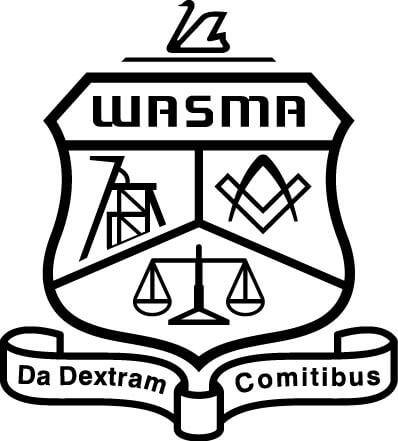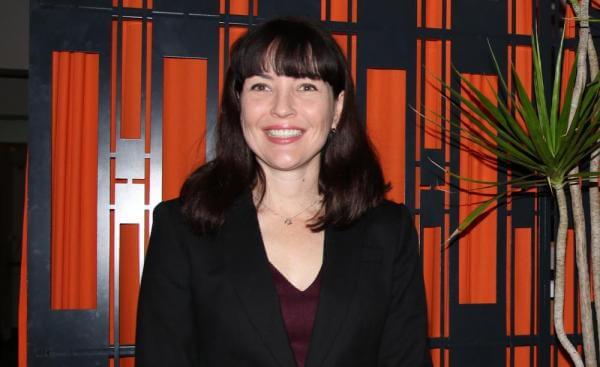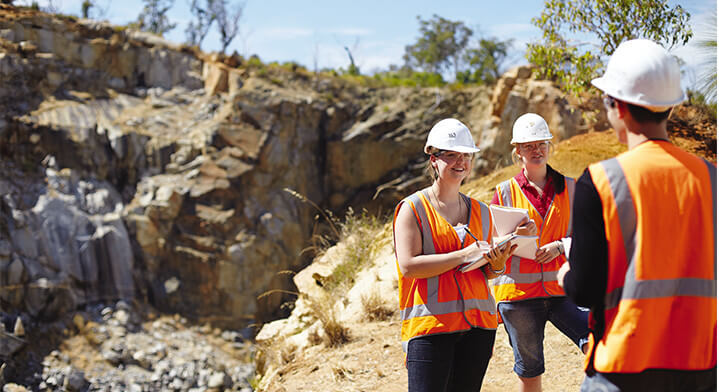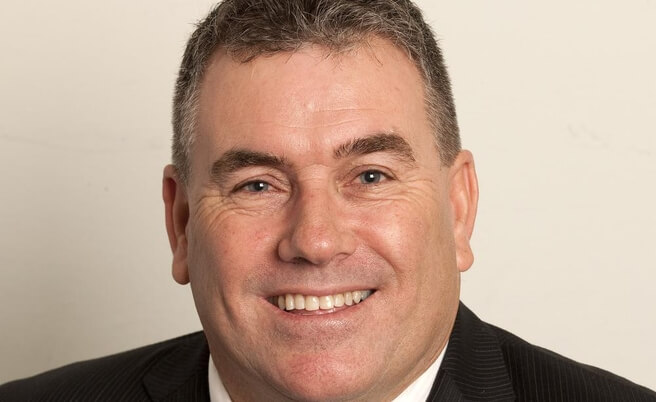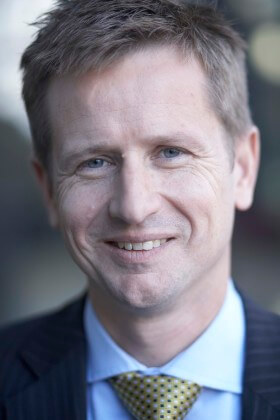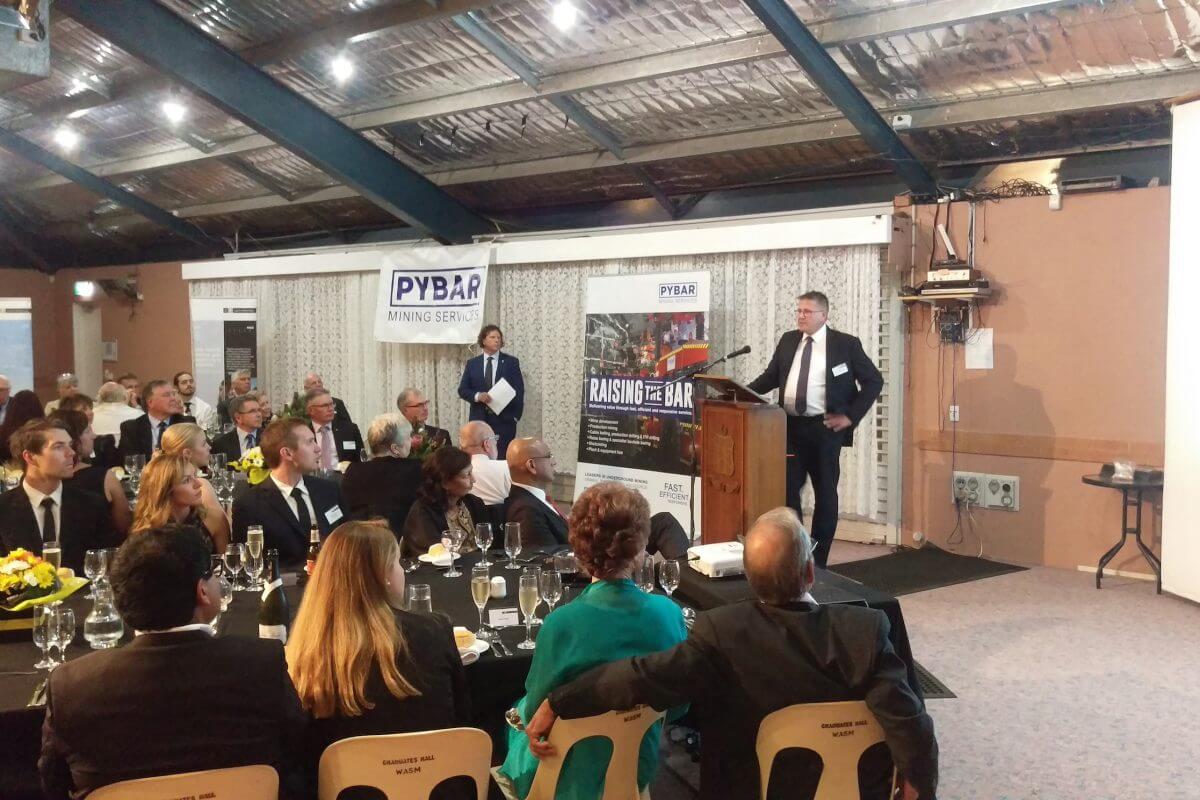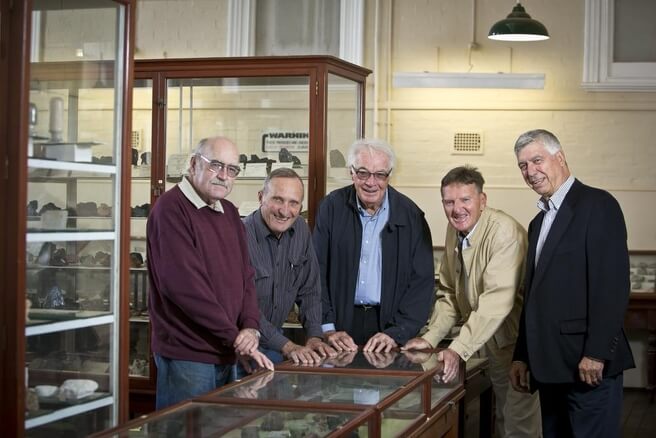Jarrod Lucas Kal Miner July 5 2016
Jayne Finch’s life story is not one of a typical mining engineer, as much as she wants to be just one of the guys on crew.
For a start, the 150cm pocket dynamo speaks four languages fluently.
A strong Australian accent hides the fact Jayne was born in England, where her German-born father worked the same job in coal mining.
Her mother is Spanish and she inherited the same flair for cooking.
The family bounced around Africa for most of her youth after Jayne’s father took up a job in tin mining and eventually found their way to Australia.
Jayne now works as a project and planning engineer at Kalgoorlie’s Mt Charlotte underground gold mine, while her husband Nick Galton-Fenzi founded Boulder’s Beaten Track Brewery.
She was previously environmental superintendent at Fortescue Metals Group’s Cloudbreak and Chichester iron ore operations in the Pilbara.
More interesting than her resume or her fascinating family history is the obstacles Jayne has overcome to make it in the male-dominated industry.
As a 21-year-old, Jayne suffered a severe bout of meningococcal which put her in a coma and when she woke she was deaf.
Now she says it is 80 per cent hearing loss, though she needs to lip-read to have a conversation.
Only in the past year has she been able to use a phone, via specially designed Bluetooth hearing aids.
Jayne told her story to industry professionals at Kalgoorlie’s Lot 35 bar last Thursday night for another gathering of the Kalgoorlie Women in Mining group, known colloquially as KalWIM.
Her talk was about diversity in the workplace.
“I believe that true diversity isn’t ticking the right boxes or getting enough of each category … for me diversity really means including everyone, and not ruling someone out because they don’t fit the mining stereotype,” she said.
“Never let other people tell you what you are and are not capable of doing. You are the only judge of that.
“When I was 32 and about to embark on my mining engineering career most people thought that there was no way a 150cm tall, 55kg deaf female could get a quarry manager’s ticket. The work would be too physical, and the requirements to utilise a two-way radio too great.”
Another obstacle was convincing employers she could safely work a shift.
When she joined Kalgoorlie Consolidated Gold Mines they linked her Bluetooth hearing aids up to the site’s internal radio communications so she could safely drive trucks in the Super Pit.
To let her co-workers know who was behind the wheel she drove a truck painted bright pink.
“I probably wouldn’t make the best full-time truck driver, but we found ways around it,” she said.
Jayne is preparing to give another speech on resilience to the Women in Mining WA Summit in Perth on September 9
